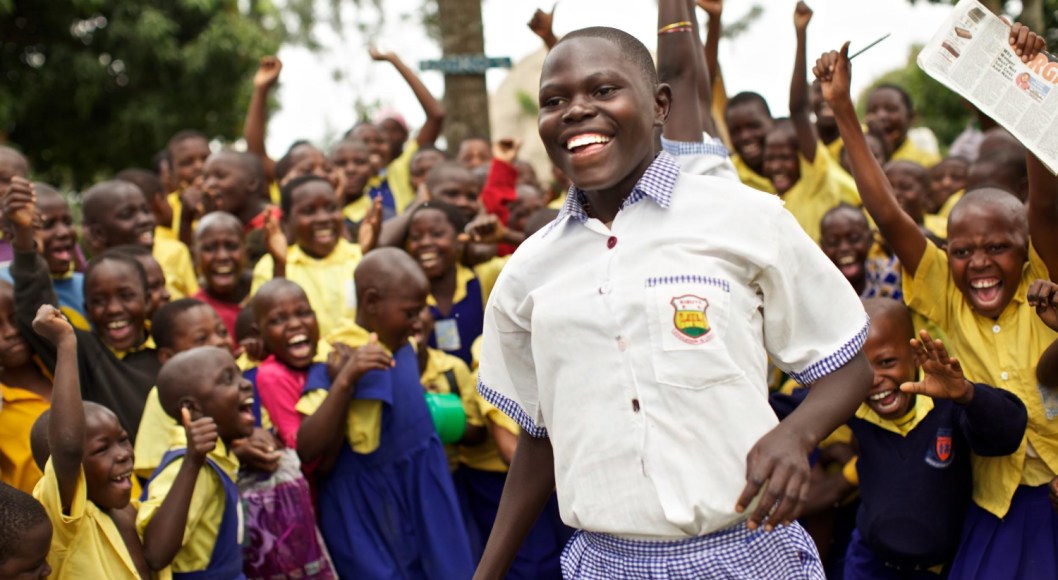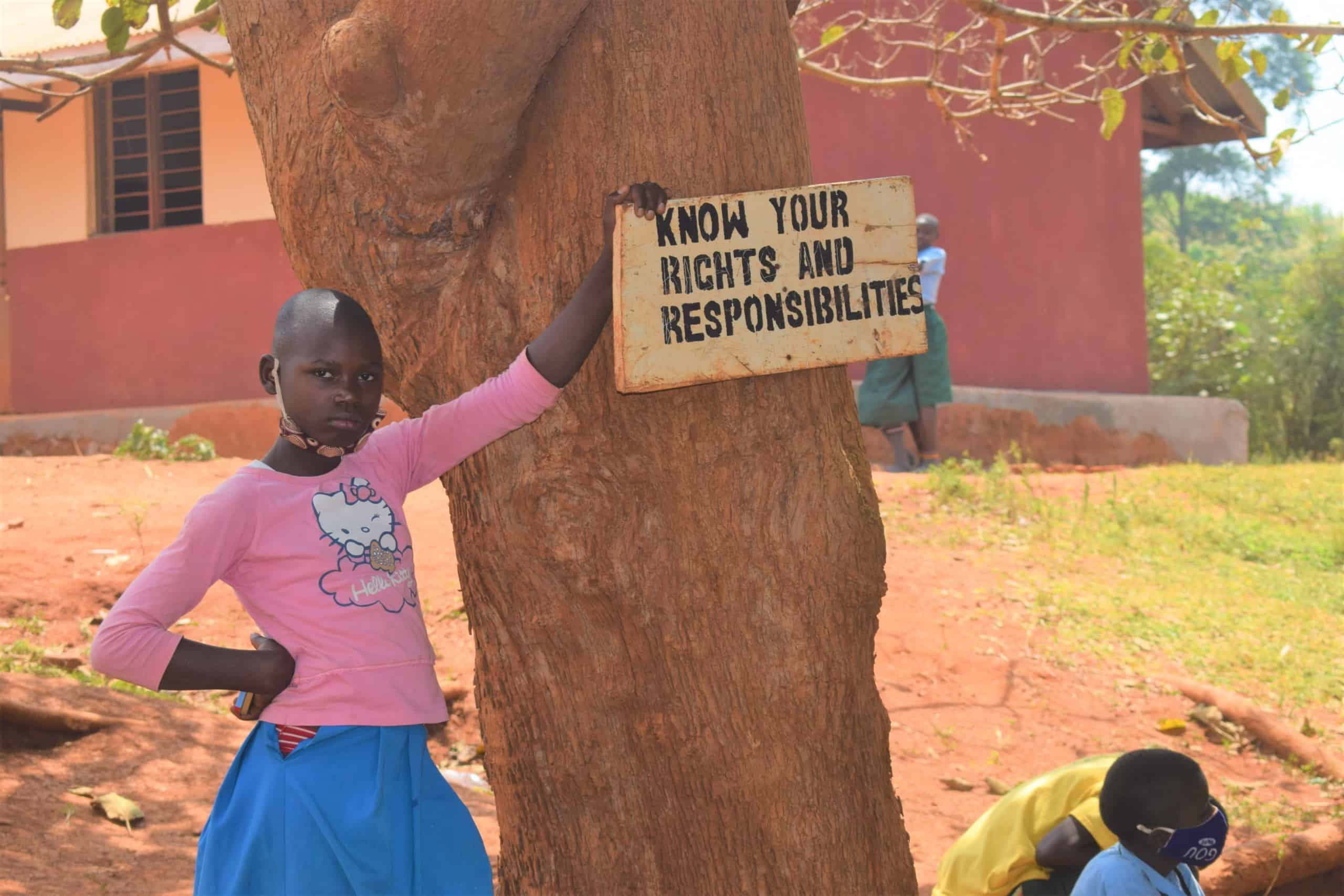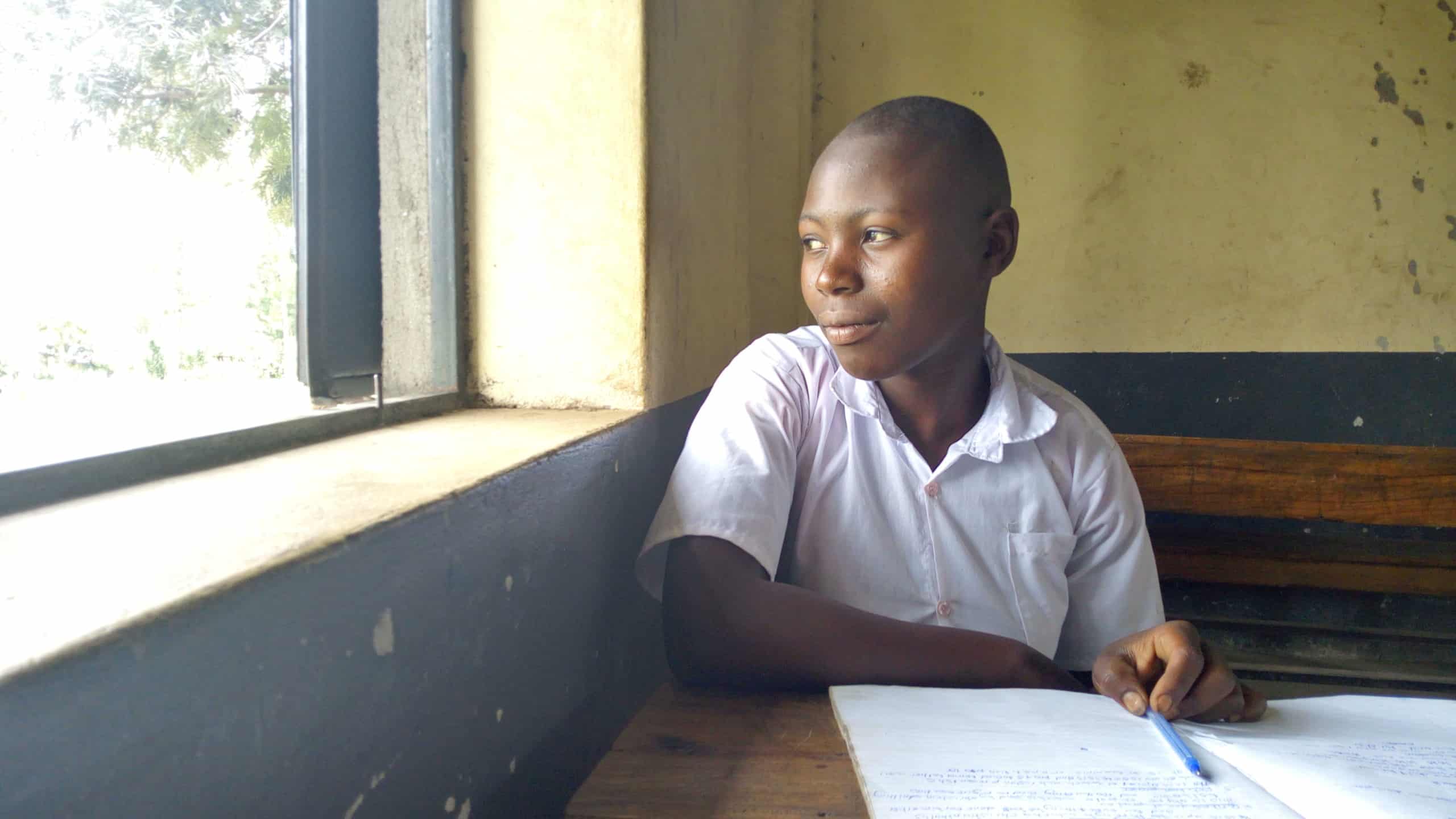Children and adolescents in western Uganda face many threats to their well-being, safety, and development. Of particular concern is rate of sexual abuse, and related issues of teen pregnancy and forced marriage which deepen poverty and give rise to a host to lifelong obstacles to health and wellbeing, especially for girls.
For the last 12 years, the Bantwana Initiative of World Education, Inc. (WEI/B) has been working in schools and communities in four under-served districts in western Uganda. As WEI/B has built the trust of community members and expanded its reach in schools, the Western Uganda Bantwana Program (WUBP) has honed in on tackling the social norms and conditions at home and in schools that lead to violence against children.
A social norms-based approach: focus group discussions with students, teachers, families, and other community members revealed that culturally-bound themes of blame, gender roles and power dynamics contribute to sexual violence against children. To address this, WUBP also with a team from the London School of Hygiene and Tropical Medicine (LSHTM) to design and incorporate social norms change approaches into the project's interventions.
Now in its fifth phase, WUBP used a multi layered approach working with 20 new schools and 9 existing model schools and their surrounding districts and communities to strengthen sexual violence prevention and response. Interventions operate at the individual, family, school and community level to engage the levers of change layering on tested social norms change approaches to identify influencers who can accelerate adoption of positive norms. Sexual abuse prevention curriculum delivered by teachers to boys and girls in schools builds self-efficacy and agency for protection against abuse while promoting uptake of positive gender norms, trained teachers are more engaged in identifying, supporting and reporting abuse, caregivers improve financial stability and practice positive parenting skills to strengthen protective factors in families, and communities are sensitive and take action to improve safe spaces for girls and boys in schools and communities.
Since 2008, WEI/Bantwana has trained and mentored child protection actors along the response pathway from village to district levels and this has helped to ensure that child sexual abuse survivors receive critical post-violence services (including health, welfare, legal/protection, and counseling) and has strengthened local child protection systems as an integral part of the national Ugandan child protection system. By the end of this current cycle of services, WUBP plans to serve up to 1,800 families (3600 total caregivers and children) and engage in parenting programs, to improve CSA prevention and response among caregivers and communities, strengthen school-based CSA prevention and response and improve coordination and timely case handling among child protection stakeholders at district levels.





